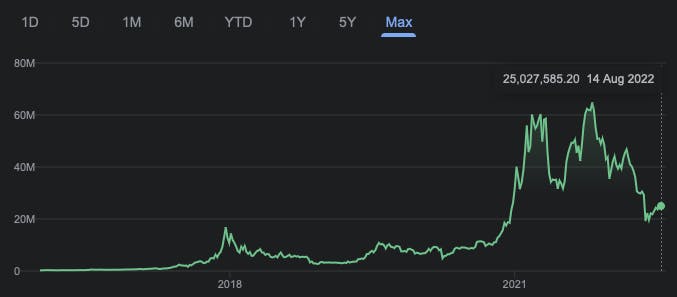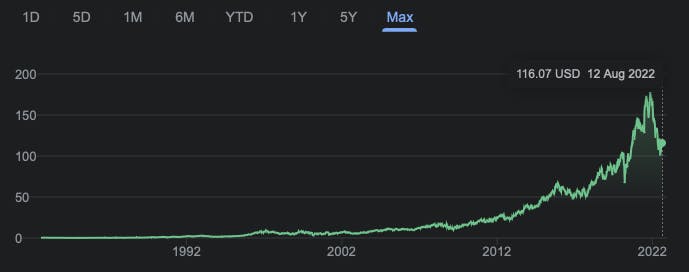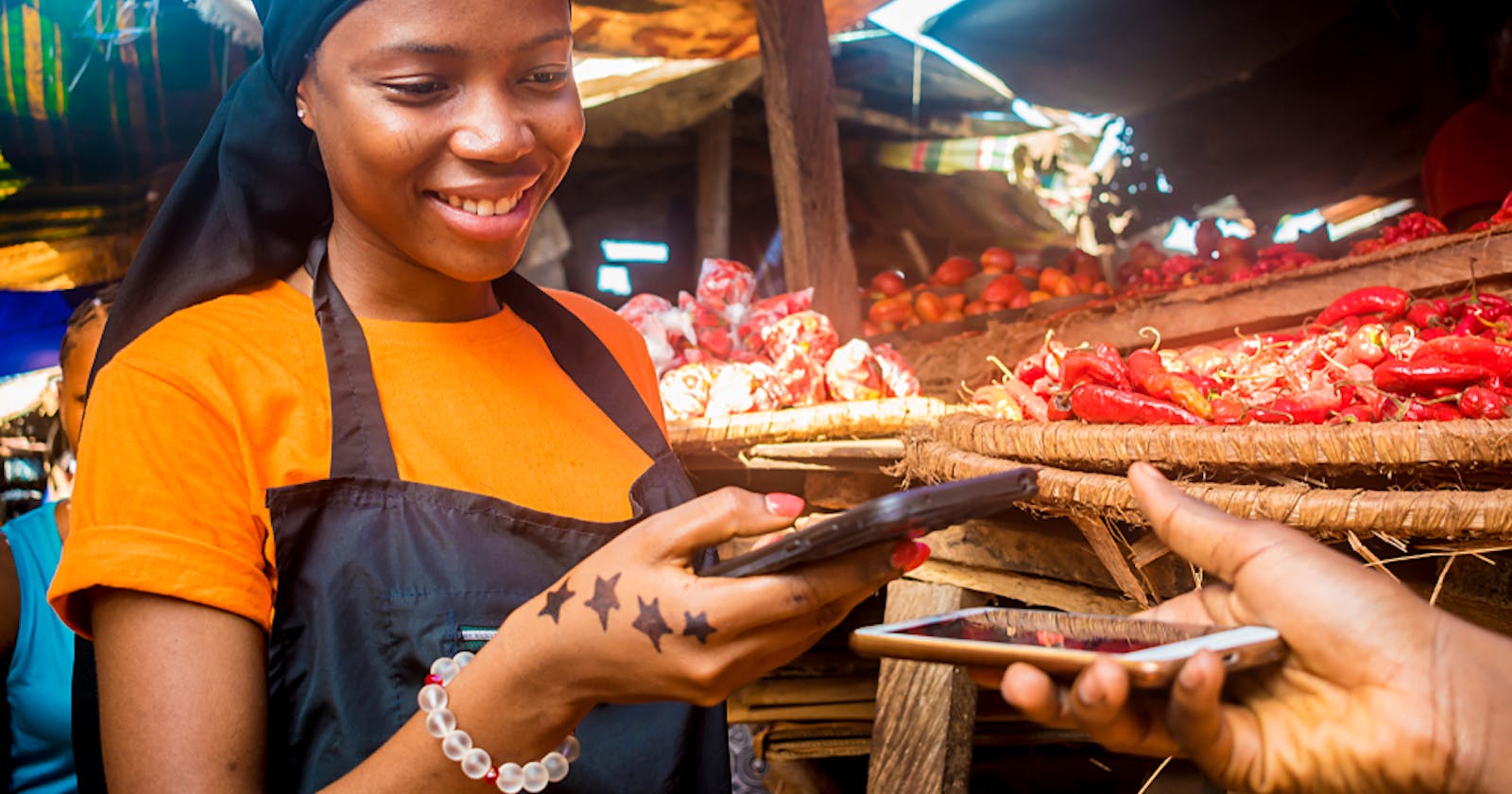The Day the Dollar Die
How Cryptocurrency Saved this [Fictional] Struggling African Economy
The year is 2026. A few years ago, what had started as seemingly simple economic mismanagement in Sri-Lancashire turned out to be a precursor to yet another worldwide financial meltdown. Soon, many more developing and developed countries suffered similar fates.
For a long time, many could tell that the traditional financial systems stacked together like a flimsy house of cards were reaching a tipping point. Complexities in modern-day macroeconomics couldn’t keep up with the overly simplified global financial architecture designed after the First World War. Few saw this more clearly than Dr. Charles Dambo. The newly elected visionary leader of the Zambezi Republic understood the gaping problems of the current financial structures and was finally in a position to do something about them.
Going against solid advice from his DC colleagues, the former World Bank Lead Economist shocked many by drafting and eventually passing a slew of crypto-friendly laws soon after becoming president and self-appointed Minister of Economics. The Alternative Currencies of Internal Notary Act, popularly known as the COIN ACT, made legal tender the African Union Coin (AUC).
In a desperate attempt to save Southeast RhodeAsian (and a few other countries facing similar predicaments), the African Union introduced a Pan African currency called AFRO. But unfortunately, it never gained traction with enough countries to be of any use in the real world. Instead, a cryptocurrency pegged as close as possible to the AFRO emerged. That Stable Coin was called AUC.
And that is all the opportunity Dambo needed. Within a few months, USSD-based Mobile Money providers in the Zambezi Republic started accepting AUC deposits from crypto wallets as well as withdrawals of AUC back into their struggling FIAT currency. Soon enough, everyone could see the benefits of a decentralized, peer-to-peer currency that allowed for near real-time local and international remittances at a fraction of the cost of traditional money transfers. In addition, more and more merchants nationwide started accepting AUC at their Points of Sale, with e-commerce providers leading the way.
Only after payments for a Boda Boda ride and buying tomatoes from the local market became a Crypto Wallet to Crypto Wallet scan did the world begin to pay attention. What had started as futuristic experimentation of National Fiscal Policy ended up in a small, poor African country, effectively protecting its citizens from a fractured global economic system while simultaneously ushering them into the future of finance.
The Zambezi Republic became a template for transforming a country’s economy, and the reviews were glowing. But far more important was how the Zambezian economy shined. The government saved billions of Dollars in international trade alone and more by curbing local inflation, which ensured that the life savings’ of their people were intact.
Author's Notes
Many people have asked me whether or not Bitcoin can gain traction as an alternative means of trade in struggling economies worldwide. My answer is no. At this point, I think of Bitcoin more as a security than a currency.

Look at the above all-time BTC chart and contrast it with Nike's all-time stock performance:

It becomes apparent that you probably don't want to use your BTC (or ETH, etc.) to buy coffee, even if your local coffee shop accepts it. In the same way, you wouldn't use your APPL stock to order a burger on your favorite food delivery App.
Instead, what I think will likely happen is the adoption of stablecoins such as Circle's USDC in emerging markets, as a cheaper alternative to remittances at first. Eventually, something merchants will begin accepting. My favorite network, Solana, provides a Payment API ready for POS and eCommerce merchants to start using today, and their strides in providing mobile-first SDKs will only increase the reach of DeFi solutions.
Granted, a lot of regulatory work will need to take place to make this happen, but we are already seeing institutions like Seshat Bank in Honduras providing USDC-based offerings. Moreover, given Africa's most significant import corridor is China, it makes sense for businesses to order their goods using USDC compared to USD as restrictions, costs, and delays in money transfers increase.
Companies like Luno and Chipper Cash are making it easier to withdraw and deposit Crypto in developing countries, but much more work is required.
The day I'll be able to cash out USDC into Malawi Kwacha from my local Airtel Money Agent in Area 25, Lilongwe will be the day I'll memorialize Peter Tosh as a true Socio-economic Prophet. But, until then, we will continue to envision, advocate and hack solutions for that future he so lyrically prophesies!

